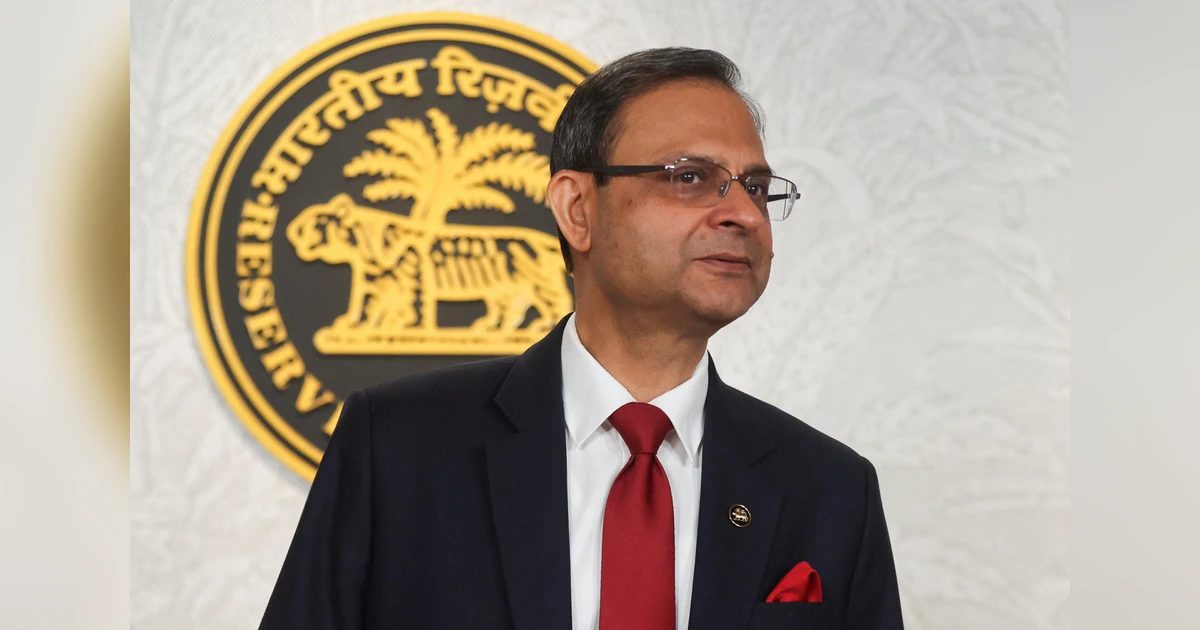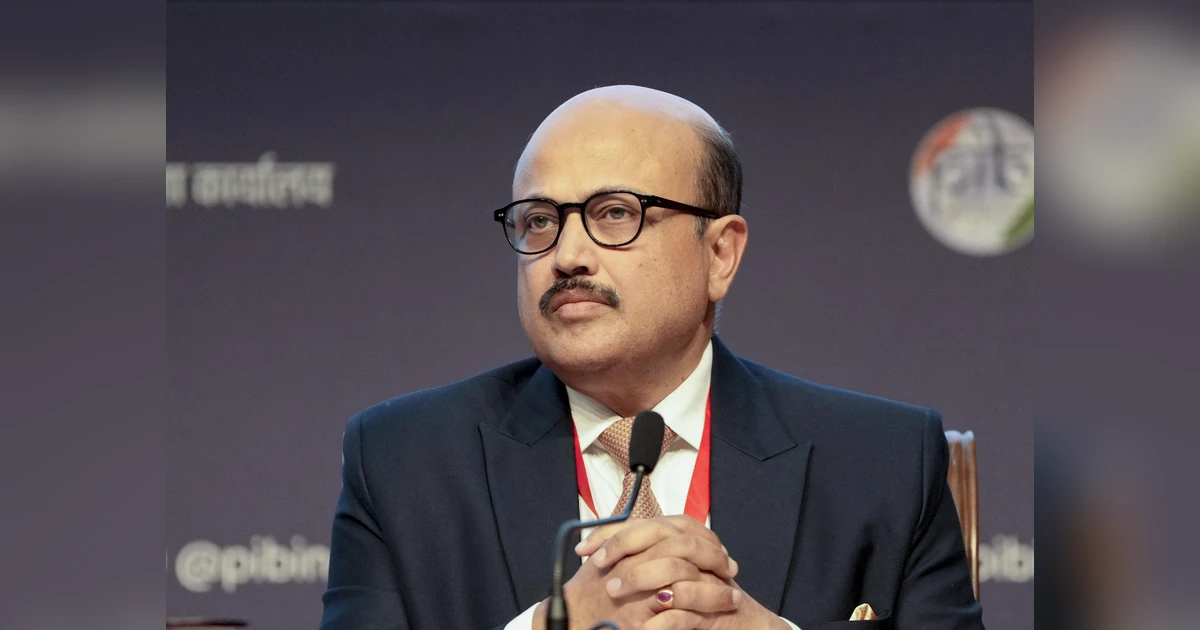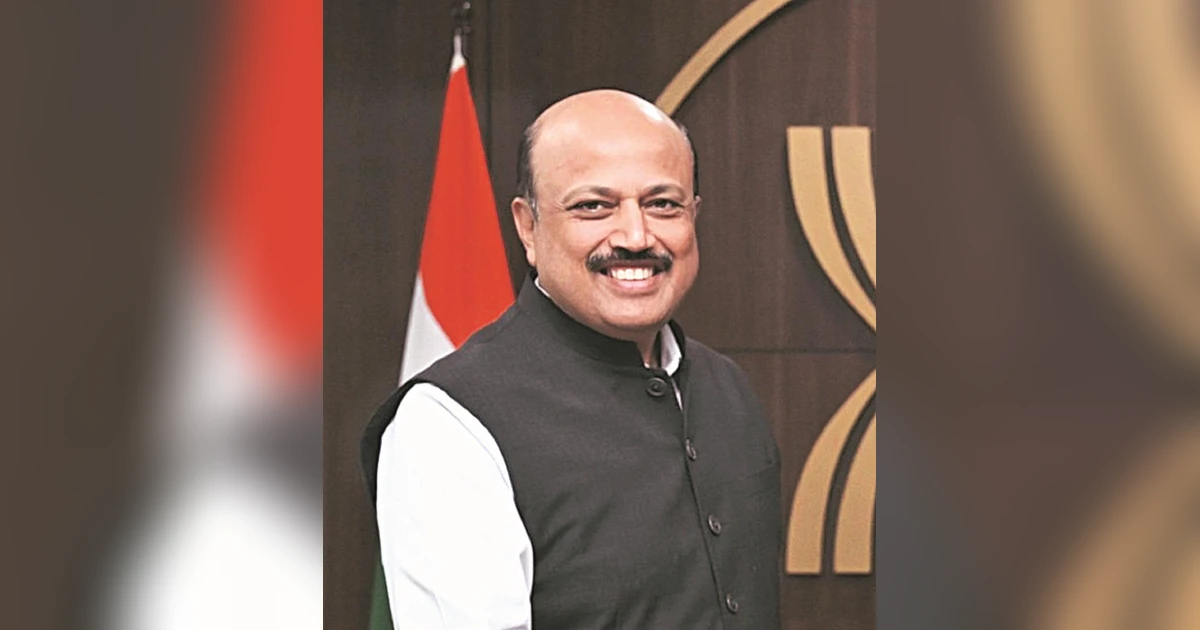The finance ministry will kick-start the exercise to prepare the annual budget for 2023-24 from October 10 in the backdrop of revival of the Indian economy and fears of recession in developed countries.
The budget for the next year will have to address critical issues of high inflation, boosting demand, job creation and putting the economy on a sustained 8 per cent-plus growth path.
Earlier in the day, the finance minister Nirmala Sitharaman said inflation is no longer “red-lettered” and the priority for the government now is job creation and boosting growth.
“Some of course are red-lettered (priorities), some may not be. Red-lettered ones would of course be jobs, equitable wealth distribution and making sure India is moving on the path of growth.
“In that sense inflation is not red-lettered. I hope it doesn’t surprise many of you. We have shown that in the past couple of months that we were able to bring it to a manageable level,” she said.
It will be the fifth budget of the Modi 2.0 government and Sitharaman and the last full budget before the general elections slated in April-May 2024.
During the election year, the government presents Vote on Account for the limited period. Usually the budget is cleared till July.
“Pre-budget meetings chaired by secretary (Expenditure) shall commence on October 10, 2022,” according to the Budget Circular (2023-24) of the Budget Division of the Department of Economic Affairs dated September 6, 2022.
“Financial advisers should ensure that the necessary details required in the appendices I to VII are properly entered. Hard copies of the data along with specified formats should be submitted for cross-verification,” the circular added.
The Budget Estimates for 2023-24 will be provisionally finalised after completion of pre-budget meetings, it said, adding, RE (Revised Estimate) meetings continue till around mid-November, 2022.
“All the ministries/departments should submit details of autonomous bodies/ implementing agencies, for which a dedicated corpus fund has been created. The reasons for their continuance and requirement of grant-in-aid support, and why the same should not be wound up, should be explained,” it said.
As a follow up action on National Monetisation Pipeline, it said, departments may be required to explain progress in asset monetisation.
The Budget 2022-23 is likely to be presented on February 1 during the first half of the Parliament’s Budget session which usually begins in the last week of January every year.
The Budget for the current fiscal had projected a growth rate of about 7-7.5 per cent in real terms while fiscal deficit was pegged at 6.4 per cent of the gross domestic product (GDP).
Prime Minister Narendra Modi-led government scrapped a colonial-era tradition of presenting the Budget at the end of February. The then finance minister Arun Jaitley had for the first time presented the annual accounts on February 1, 2017.
With the preponement of the Budget, ministries are now allocated their budgeted funds from the start of the financial year beginning April. This gives government departments more leeway to spend as well as allow companies time to adapt to business and taxation plans.
Previously, when the Budget was presented at the end of February, the three-stage Parliament approval process used to get completed some time in mid-May, weeks ahead of onset of monsoon rains.
This meant government departments would start spending on projects only from August-end or September, after the monsoon season ended.
(Only the headline and picture of this report may have been reworked by the Business Standard staff; the rest of the content is auto-generated from a syndicated feed.)
 Dear Reader,
Dear Reader,
Business Standard has always strived hard to provide up-to-date information and commentary on developments that are of interest to you and have wider political and economic implications for the country and the world. Your encouragement and constant feedback on how to improve our offering have only made our resolve and commitment to these ideals stronger. Even during these difficult times arising out of Covid-19, we continue to remain committed to keeping you informed and updated with credible news, authoritative views and incisive commentary on topical issues of relevance.
We, however, have a request.
As we battle the economic impact of the pandemic, we need your support even more, so that we can continue to offer you more quality content. Our subscription model has seen an encouraging response from many of you, who have subscribed to our online content. More subscription to our online content can only help us achieve the goals of offering you even better and more relevant content. We believe in free, fair and credible journalism. Your support through more subscriptions can help us practise the journalism to which we are committed.
Support quality journalism and subscribe to Business Standard.
Digital Editor


 Dear Reader,
Dear Reader,

